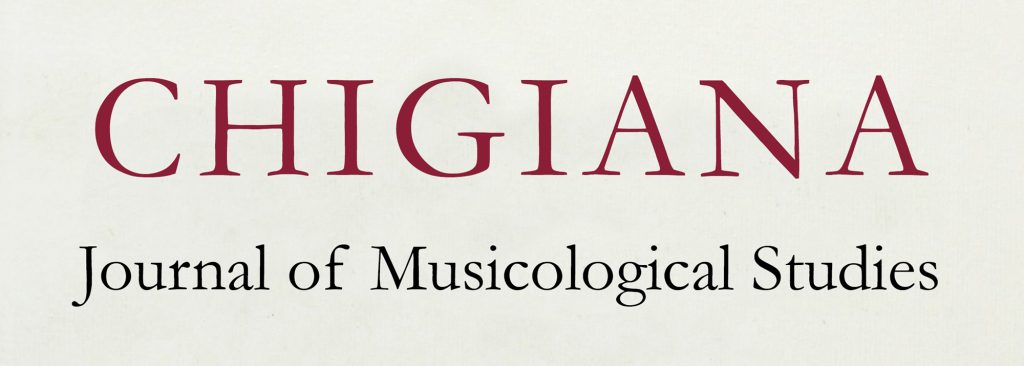
Opera in the Bathroom: Power and Personality in opéra de salon of the Second Empire
Mark Everist
The nineteenth-century French state controlled its theatres, opera houses and their underpinning creative forces through various technologies of power. Through a series of licences, cahiers de charges and other legislative instruments, changing regimes could manage the politics of genre while institutions, managers, composers and librettists could attempt to manipulate those technologies of power to their own ends in a way that confirms that view that there is some sort of exploitable power everywhere in a given culture. In the Second Empire, the Opéra was taken over by a cabal of highly-placed politicians, while the legal restrictions for the rest of French theatrical and operatic culture slowly began to unravel up to the point at which the legislation was repealed in 1864.
Much less well known is the power exercised within the culture of opéra de salon which, took off around 1850. One-act opéra comique and opérette, usually characterised by a restricted number of movements and the use of spoken dialogue, became available as a generic tool for the display of individual power and personality for such wealthy and aristocratic Parisians as members of the imperial family, bankers, and other industrialists during the Second Empire that matched the power over the politics of genre exercised by the state. Music and theatre became an asset that could be displayed in one’s own home, and could sit alongside such other trappings of domestic power as physical opulence, collections of art, dress and deportment. Because of the portable and provisional generic characteristics of opéra de salon, the genre opened up the possibility to private individuals of installing temporary theatres in their salons (many of considerable size) or to hire public spaces – concert halls, architects’ studios or the recently-opened Néothermes – to display their financial and – vicariously – artistic power through the means of this newly-emergent genre.
Nel diciannovesimo secolo lo stato francese controllava i teatri operistici e di prosa, e le forze creative che li sostenevano, attraverso varie forme di esercizio del potere. Grazie a una serie di licenze, cahiers de charges e altri strumenti legislativi, i vari regimi potevano gestire la politica del settore teatrale mentre le istituzioni, gli impresari, i compositori e i librettisti potevano tentare di manipolare quelle forme di esercizio del potere ai propri fini. Nel Secondo Impero l’Opéra fu rilevata da un gruppo di politici di alto rango, mentre le restrizioni legali per i restanti settori della cultura teatrale e operistica francese cominciarono lentamente ad allentarsi, fino a quando la legislazione venne abrogata nel 1864.
Molto meno noto è il potere esercitato all’interno della cultura dall’opéra de salon, che decollò intorno al 1850. L’opéra comique e l’opérette in un atto, di solito caratterizzate da dimensioni ridotte e dall’uso del dialogo parlato, vennero utilizzate durante il Secondo Impero come strumento di esibizione del potere individuale e di autocelebrazione da parte di ricchi e aristocratici parigini, come i membri della famiglia imperiale, i banchieri e altri industriali. La musica e il teatro divennero un bene che poteva essere esibito nella propria casa, accanto ad altre manifestazioni del potere domestico come l’opulenza fisica, le collezioni d’arte, l’abbigliamento e il portamento. Grazie ai suoi caratteri di mobilità e flessibilità, il genere dell’opéra de salon diede dunque ai privati la possibilità di installare dei teatri temporanei nei loro salons (molti di dimensioni considerevoli) o di affittare spazi pubblici – sale da concerto, studi di architetti o i Néothermes di recente apertura – per esibire il loro potere finanziario e, in modo indiretto, il loro potere artistico.
